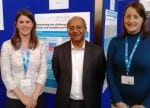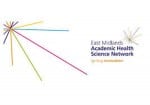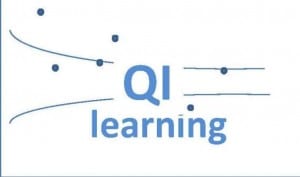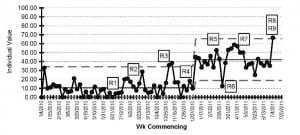Viet-Hai Phung from CaHRU recently attended the East Midlands Academic Health Science Network Patient and Public Involvement (PPI) event at Nottingham’s Trent Vineyard on 24 February 2016. This provided an opportunity to share learning and best practice in PPI across the health and social care sectors. Viet-Hai, iscurrently undertaking a PhD focusing on the seldom-heard group of people recently arrived in England from EU accession countries, found the event thought-provoking.
Yvonne Coghill, who is Director of Workforce Race Equality Standard Implementation for NHS England, introduced the event. She used the Thomas Jefferson statement that: “There is nothing more unequal than the equal treatment  of unequal people“, suggesting that it is equity, rather than equality, that the NHS should focus on. There then followed a keynote speech by Anu Singh, the Director of PPI and Insight at NHS England. She gave practical suggestions about how the NHS can use PPI meaningfully.
of unequal people“, suggesting that it is equity, rather than equality, that the NHS should focus on. There then followed a keynote speech by Anu Singh, the Director of PPI and Insight at NHS England. She gave practical suggestions about how the NHS can use PPI meaningfully.
After the opening speeches, representatives from projects targeting seldom-heard groups (Roma, people with learning disabilities, young carers, minority ethnic groups with long-term conditions) talked about how they engaged with them. All four emphasised the importance of actively seeking out their target groups, as well as helping them to help themselves.
A masterclass on involving minority ethnic groups, run by Haseeb Ahmad and Jo Ryder from Leicester City Clinical Commissioning Group (CCG), provided suggestions on how to effectively involve minority ethnic groups, including taking time to establish and build relationships and making links with professionals on the ground, who may act as gatekeepers to other key community figures. After lunch, a session on running engagement events stressed the importance of clarity about the desired outcomes and that interactive methods, such as voting technology, can be effective at engaging participants.
At the close, EMAHSN announced that they have opened up funding of up to £1,500 each for up to 10 PPI groups to support their work in the East Midlands. There were plenty of practical ideas to consider when engaging, and building relationships, with these groups.
By Viet-Hai Phung










